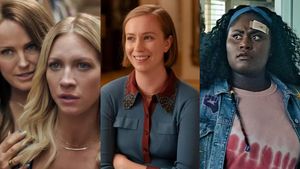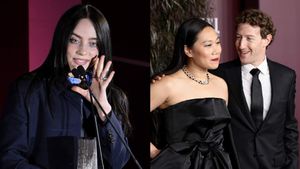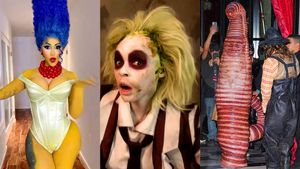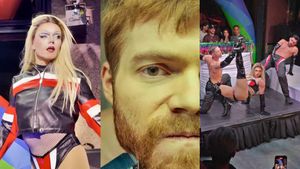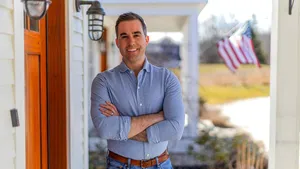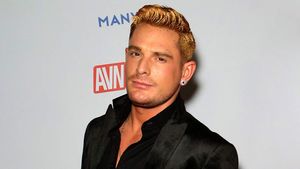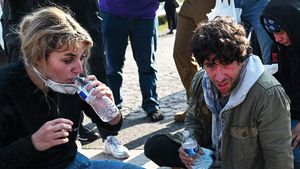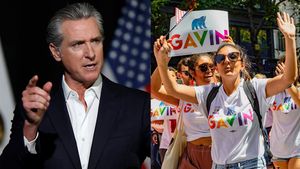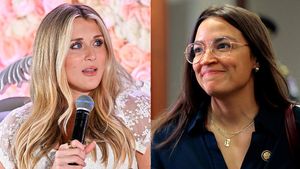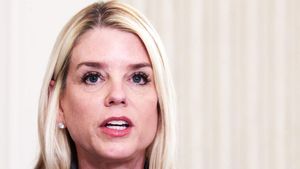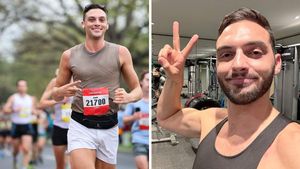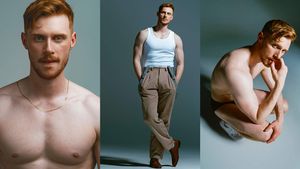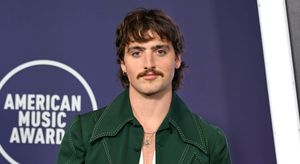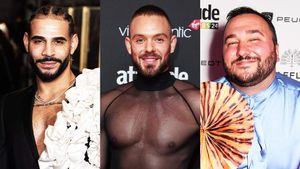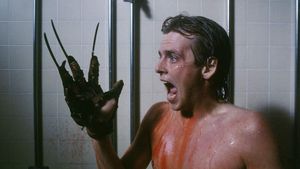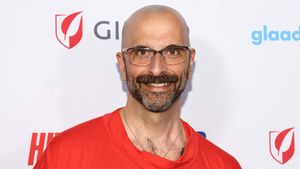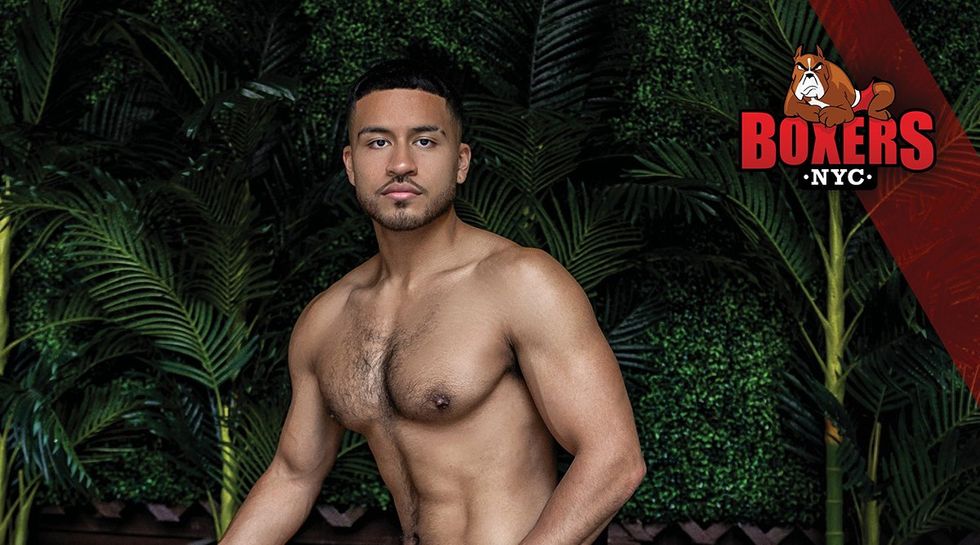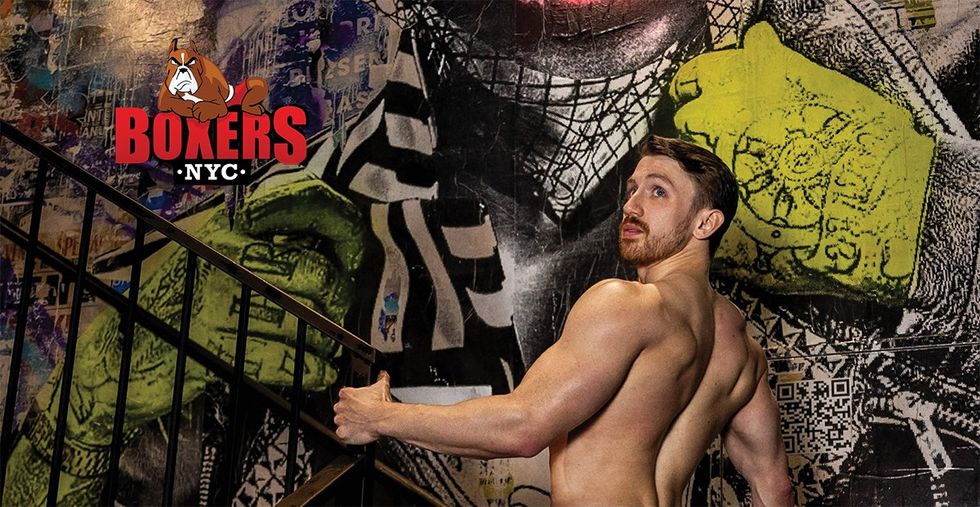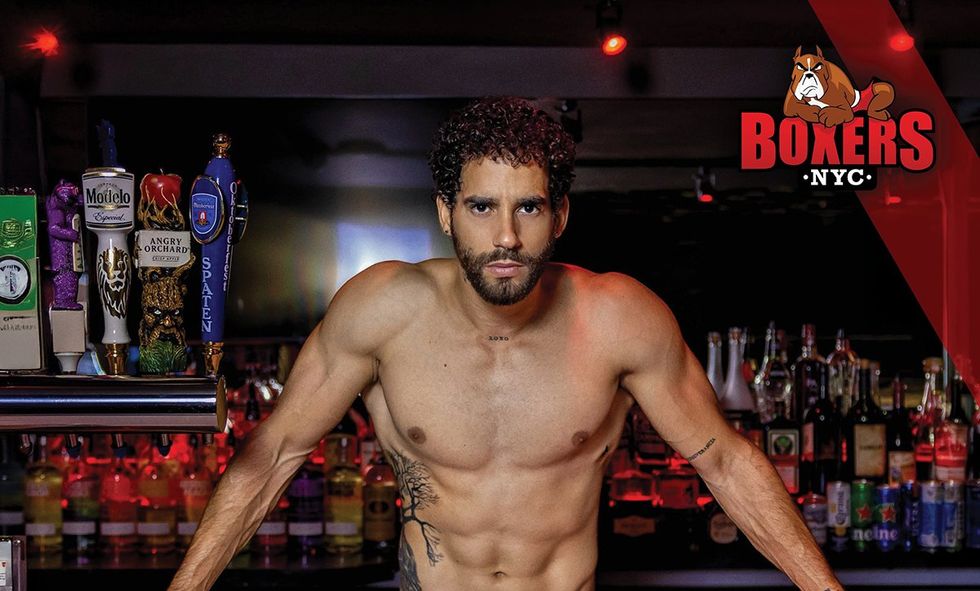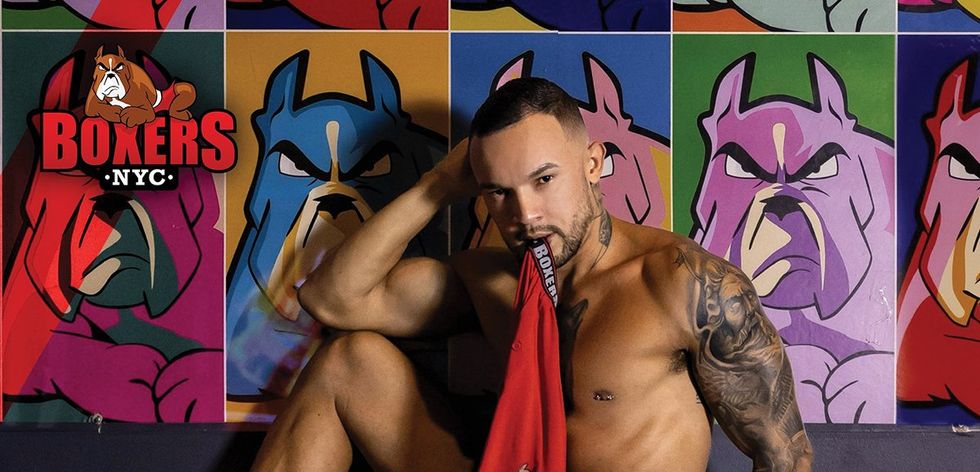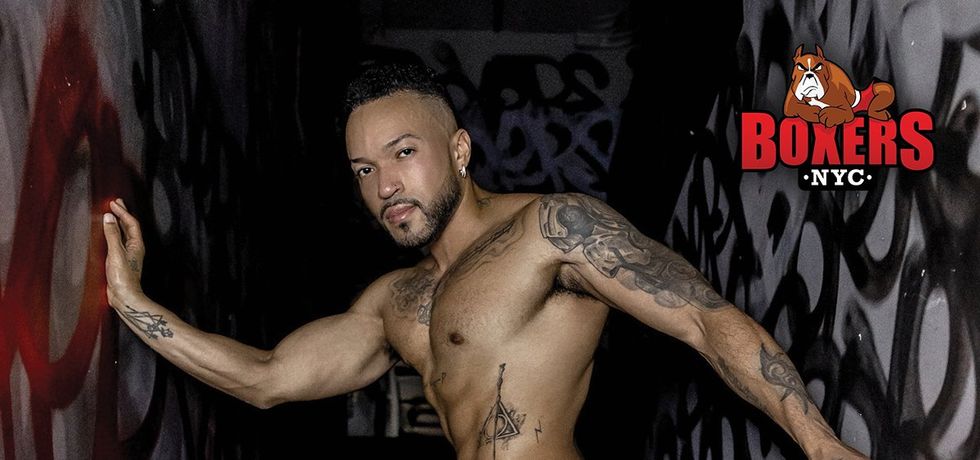As an openly gay man from London, visiting a country bar in Texas felt comparable to going on Grindr in Dubai. There's a British tendency to curate stereotypes from the media we receive from across the pond.
The Deep South represents the USA's more 'controversial' behaviors for many of us.
One could argue the admiration of guns, the history of racism, controversial law-making, and character stereotypes in Hollywood and European media contribute to this perception. The South has it rough regarding international representation, but any fears I had vanished after visiting the Round-Up Saloon— Dallas' only LGBTQ+ country dance bar.
Founded in 1998, the Round-Up opens its doors daily for LGBTQIA+' boot-scooters' and country two-step and line-dancing enthusiasts. It has also hosted famous faces, including a notorious performance by Lady Gaga, karaoke renditions by Charli XCX, and actors like Emma Watson and Leslie Jordan (RIP) dropping in. Their most famous appearance is Willie Nelson's filming of "Cowboys Are Secretly, Frequently Fond Of Each Other," shot on the infamous country-hall dance floor in the Saloon.
A considerably average-looking country bar stands, neons from beer sponsorship signs cast a nostalgic glow as the reflecting wooden dance floors evoke memories. The entire venue feels warm and comforting; the smell of leather and spilled alcohol feels alien as a non-southern queer, yet so good.
It's everything I wanted in a country experience.
It's an authentic experience that feels like something other than a gimmick or copycat for inclusivity. No sneering goes on as you slay the sole of your leather boots unless your dance partner finds you terrible (definitely wasn't me).
Zach Sharp, one of the two-step dance instructors at Round-Up, provides free weekly classes with his dance partner, Emma-Jean (EJ). Interestingly, EJ is the leader, and Zach follows. Their defiance of gender norms has won them countless top prize 'belts' at country dancing tournaments, often held in acclaimed heterosexual-oriented venues.
This came as a shock to me: not because of their dancing skills - imagine Olympic ice skating without the skates - but because of my false assumption that queer people can't coexist with cultural activities deemed 'republican' or 'southern.' I assumed cultural symbols of the South, often encompassing religion, guns, food, and dancing, were oppressors rather than enablers of queer identity.
Zach, the dance instructor, completely changed my perspective.
In the early 2000s, Zach was the only male cheerleader in his school district in rural Kentucky. After rumors spread to a rival team they were playing, the rivals planned to brutally assault Zach after the game. His school team formed barricades and blocked any bashing attempts. Zach continued to dance at many games after this incident.
Resilience was a recurring theme during our conversation. Growing up in an extremely religious family, Zach spoke of how moving to Texas allowed him to become himself and embrace his Southern identity, which might have felt inaccessible being so close to home in Kentucky. Round-Up is his second home now, where he can "boot-scoot, listen to good music, meet great people, and have a good night any day of the week."
After hearing of Zach's traumatic incidents endured growing up, for him to call Texas home had more weight than anyone who had spoken to me about the state prior. The truth is, I probably wouldn't have bumped into someone like Zach in the queer clubs of London. My experience of his lesson at Round-Up gave me more understanding of the community than years of clubbing did. It reinstated that queerness is absolutely everywhere and is to be expressed everywhere: safely, unapologetically, without limitation, and not solely reduced to the sweaty pits of techno hell in a glorified basement. It taught me that to understand ourselves fully, we need plentiful, diverse spaces that allow broader exploration.
In what feels like a current rise in skepticism and prejudice towards LGBTQIA+ individuals, spaces like Round-Up, which help understand, explore, or form 'niche' queer identities, are crucially needed. In places such as Texas, where queer rights are questioned and restricted, diverse spaces for excluded individuals to discover themselves are vital.
We have thousands of gay-pop clubs, yet where are the shooting ranges? Where are the bongo
drumming clubs? Where are the hookah lounges? Where are the spaces that might seem unnecessary but allow queers to connect with their culture and sexual orientation?
After talking to Zach and boot-scooting at Round-Up, I realized that the need for diverse and culturally rich safe spaces free from stereotypes and connotations is more apparent than ever.

James Marshall is a London-based Arts & Culture journalist interviewing artists, creatives, and cultural 'disruptors'. James interviews roughly 60-100 people annually, covering arts and culture areas strongly related to fine art, LGBTQIA+ access and inclusivity, and exploring cultural and institutional perspectives worldwide.
Voices is dedicated to featuring a wide range of inspiring personal stories and impactful opinions from the LGBTQ+ and Allied community. Visit Advocate.com/submit to learn more about submission guidelines. We welcome your thoughts and feedback on any of our stories. Email us at voices@equalpride.com. Views expressed in Voices stories are those of the guest writers, columnists and editors, and do not directly represent the views of The Advocate or our parent company, equalpride.




